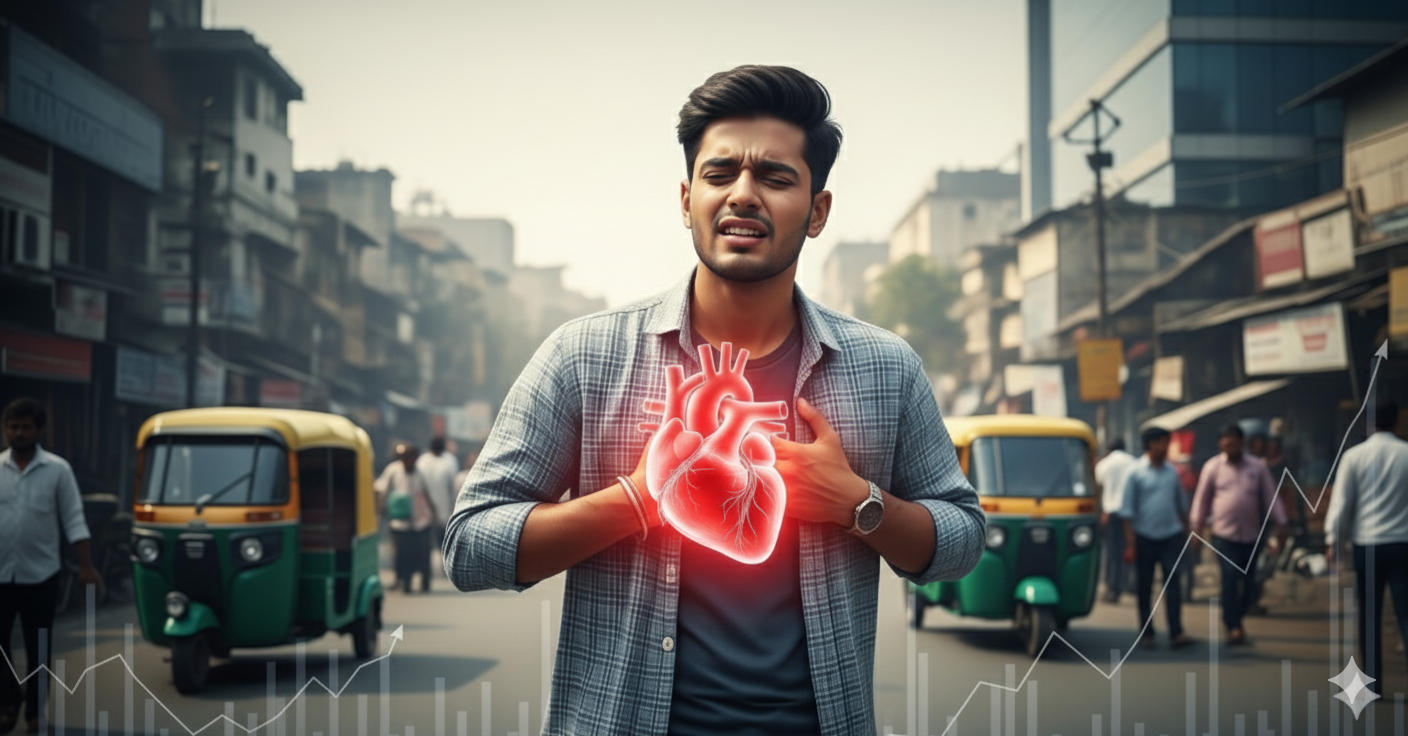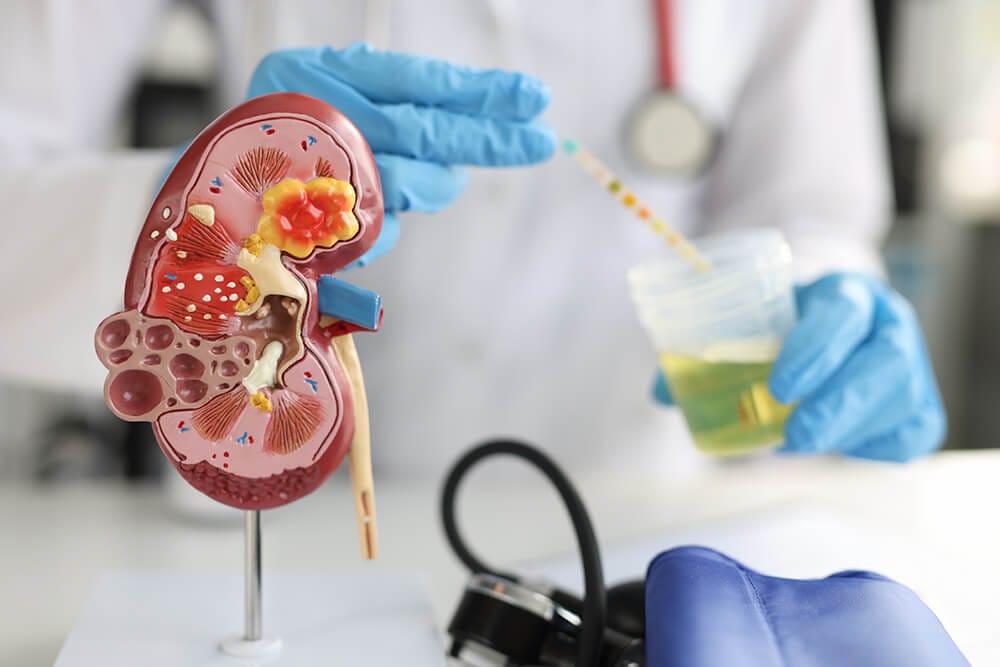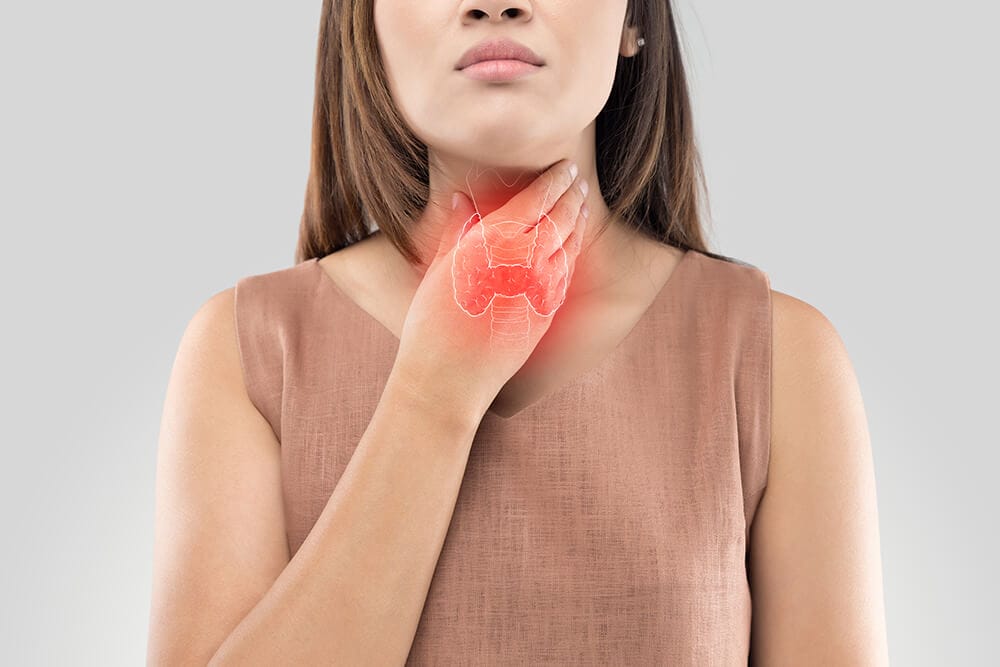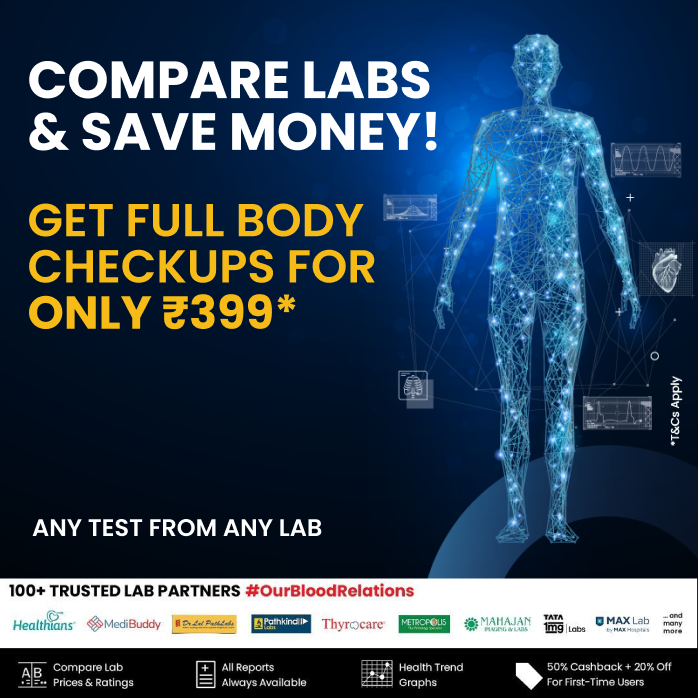
Rising heart attack cases among young generations in India.
Cardiovascular diseases, including heart attacks, are among the fastest-growing health concerns in India. In medical language, another name for a heart attack is Myocardial infarction (MI). While a heart attack (myocardial infarction) is a life-threatening condition, with the rising number of cases, especially after COVID, data shows that people are getting more heart attacks than ever before. Earlier heart attacks used to be commonly seen in elderly individuals but an alarming rise has been seen among young and middle-aged indians. Indians are prone to developing coronary artery disease (CAD) and experience heart disease 5-10 years earlier than other ethnic groups, with a significant number of heart attacks occurring in individuals under 40. Heart attack affects Indians, especially the young, due to a combination of factors like long-term stress, sedentary lifestyle, obesity, constant smoking and alcohol consumption, unhealthy eating practices, lack of awareness regarding risk factors or warning signs and even genetic factors.
Men are more likely to get a heart attack in comparison to women but now that we’re all caught up in hectic lifestyles, women are also at risk. You must have heard cases like the sudden death of actor Siddharth Shukla, Singer KK and comedian Raju Srivastava. The reason behind their death was a heart-related issue, mainly heart attacks or cardiac arrest. After the deaths of popular celebrities, heart attacks have made it more crucial than ever to raise awareness and encourage lifestyle changes.
To understand why heart attack happens, let’s first understand how the heart functions. The heart plays an important role in pumping blood and supplying it throughout the body. To function properly, our heart requires the constant flow of oxygen-rich blood. Now, when the heart is deprived of oxygen due to blockage in one of the blood vessels that is responsible for supplying blood to the heart, a heart attack occurs. The longer the blockage remains untreated or ignored, the greater the chance that someone will have a heart attack or get heart-related disease.
In most cases, your body gives you early warning signs before a heart attack. These signs may not always mean you are having a heart attack at that moment, but they are red flags that you should not ignore. Sometimes, even initial tests may not show anything serious and you think that nothing is concerning but neglecting these symptoms can be life-threatening.
Both men and women are at risk of getting a heart attack but the symptoms they experience when having a heart attack are not similar. While having a heart attack, a man can feel lots of sudden sweating, pain in the chest, jaw, neck or arms, difficulty in breathing, heartburn or indigestion. Women, on the other hand, can encounter symptoms like dizziness, uncomfortable pain between the shoulder blades, shortness of breath, gas-like pain and unexpected fatigue or sleep disturbances. These are strong warning signs, yet women often mistake them for less serious issues like acid reflux, stress, or the flu and may believe that this condition will fix itself but this is not true. Instead of ignoring symptoms, it is important to stay vigilant towards your health. Ignoring these symptoms can lead to life-threatening consequences. Learn the heart signs and immediately call 108 or 112 to get medical assistance.
In cases of a suspected heart attack, call the emergency services immediately. If the person remains unresponsive or not breathing, the immediate action to revive the patient is to give CPR or take them to the nearest hospital. Isn’t the “heart attack” word stressful on its own? Well, you can stay ahead of a heart attack when you understand the importance of a regular, balanced lifestyle and regular health check-ups. While a balanced lifestyle contributes to a healthy life, routine check-ups help to analyse what is happening inside your body so that you can catch any problem living inside you silently. Instead of ignoring the changes in health over time, take action on the symptoms immediately. Don’t wait for one final day when there will be no way of going back. The good news is that heart health can be monitored. With regular screenings, you can detect heart risk early. A platform like flebo.in helps you to get all health tests in one place. It even offers your selected tests, along with additional essential tests, in a package at a lower price.
For your heart screening, you can book tests like:
- ECG (Electrocardiogram): Records the electrical activity of the heart to detect irregular heartbeats, past or ongoing heart attacks, and heart stress.
- Echocardiogram (Echo Test): An ultrasound of the heart that shows its pumping strength, valve health, and overall function.
- TMT (Treadmill Test / Stress Test): Evaluates how the heart performs under physical stress, helping detect blocked arteries or reduced blood flow.
- Lipid Profile: Measures cholesterol (good & bad) and triglycerides. High cholesterol is one of the biggest risk factors for heart disease.
- Blood Sugar (Fasting / HbA1c): Uncontrolled diabetes damages blood vessels and increases the risk of a heart attack. With the HbA1c test get a 3-month average of sugar levels.
- High-Sensitivity CRP (hs-CRP): A marker of inflammation in the body. High CRP levels may indicate a higher risk of heart disease.
- Cardiac Enzyme Test (Troponin Test): A blood test used in hospitals to confirm if a heart attack has occurred by detecting heart muscle damage.
- CT Coronary Angiography: A non-invasive imaging test that visualises the coronary arteries to check for blockages or narrowing.
- Blood Pressure Monitoring: Hypertension is a “silent killer” that directly raises the risk of heart attack and stroke. Regular monitoring is essential.
Spending on these tests is affordable but losing your health is not. So stay ahead of heart disease with Flebo.in. Book an affordable heart health package, get tests from trusted labs, and consult certified doctors online because your heart deserves timely care.
















